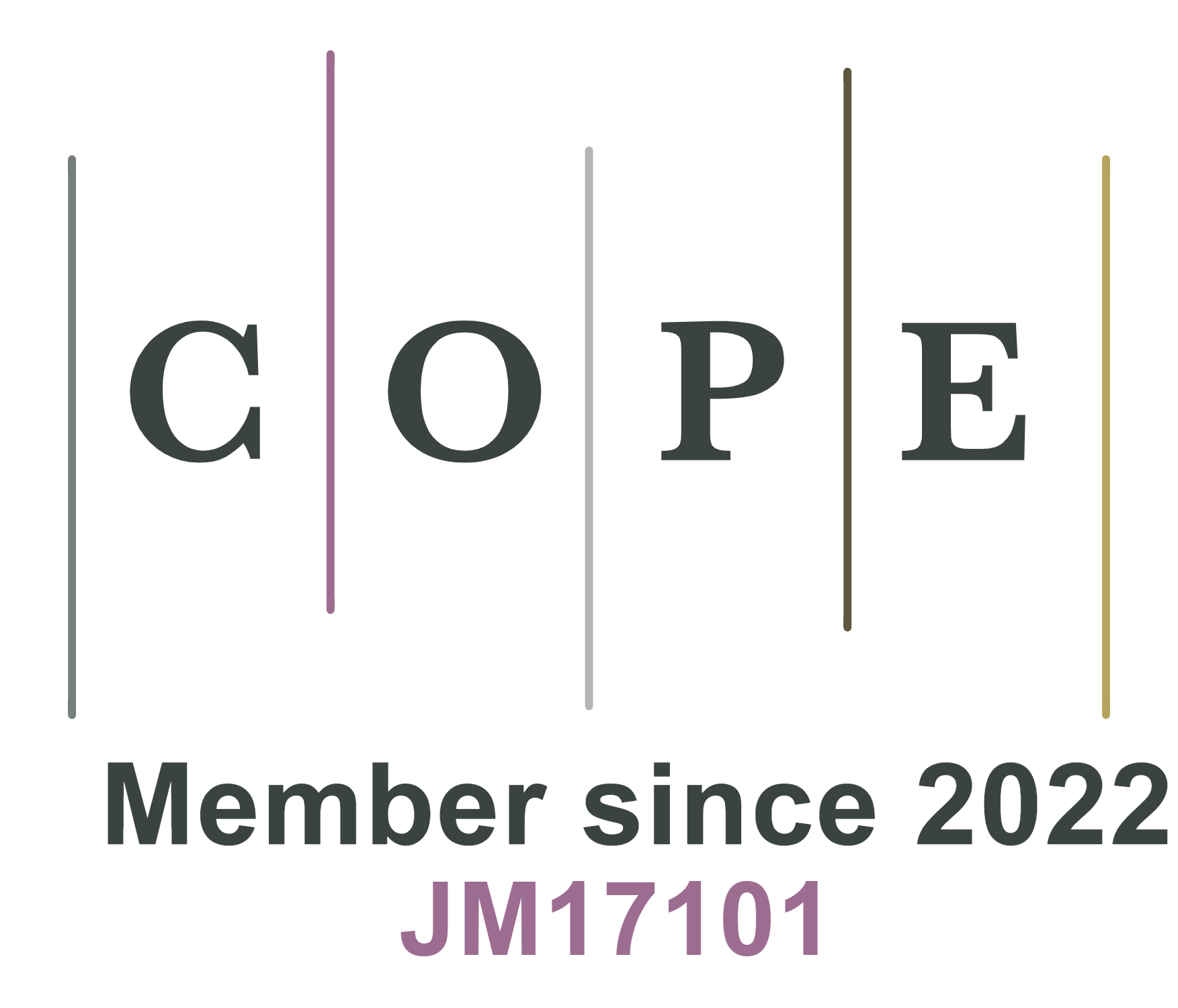Sustainable clinical translation: development of implantable energy systems
Abstract
Advances in the Internet of Things (IoT) and artificial intelligence (AI) have accelerated the clinical adoption of implantable electronic medical devices, expanding their applications in brain-computer interfaces, chronic disease management, and post-operative rehabilitation. However, the growing disparity between finite global energy resources and escalating clinical demands necessitates urgent breakthroughs in implantable energy systems. To address this challenge, implantable energy systems are evolving towards sustainability, miniaturisation, system-level integration and flexibility for better application in the human body. This review synthesizes the key design principles and requirements for an implantable energy system driven by clinical demands, then highlights recent progress in three key categories: energy storage systems, energy harvesting systems and environmental energy transfer systems. Notable advancements include biocompatible materials and enhanced integration strategies. Emerging energy systems, such as biofuel cells and nanogenerators, are also analyzed. Furthermore, we discuss their translational challenges and future directions, such as long-term biocompatibility, holistic energy solutions, closed-loop surveillance, and intelligent network architectures. Overall, this review bridges medical energy innovation with environmental sustainability, providing insights into sustainable closed-loop networks that integrate energy, medicine, and industry.
Keywords
Sustainability, biocompatibility, specific energy requirements, energy storage, energy harvest, energy transfer
Cite This Article
Cao W, Wang X, Feng Y, Lei W. Sustainable clinical translation: development of implantable energy systems. Energy Mater 2025;5:[Accept]. http://dx.doi.org/10.20517/energymater.2025.71













